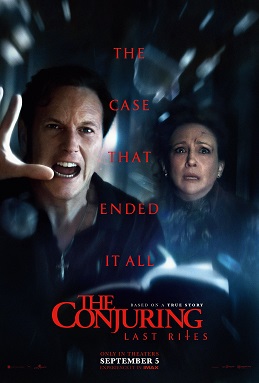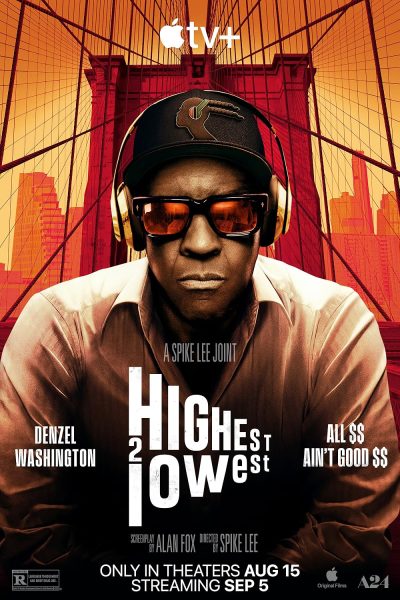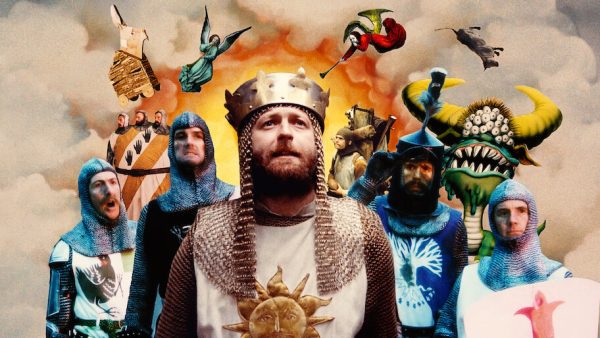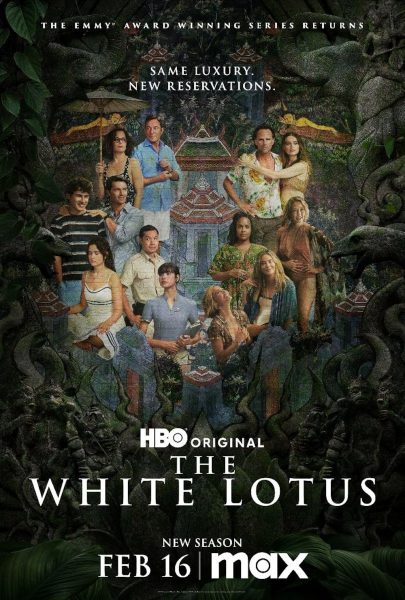Avengers: Infinity War’s Connection to Maslow’s Hierarchy of Needs
Superhero movies attract us because we all fantasize about which super characteristics we have. We argue with one another on who has the coolest weaponry, or costume, even though we all know Star-Lord, has the slickest jacket in the galaxy. What if I told you that in a way, we are all heroes? Avengers: Infinity War proves that we are like them due to its connection with the psychological theory known as Maslow’s Hierarchy of Needs.
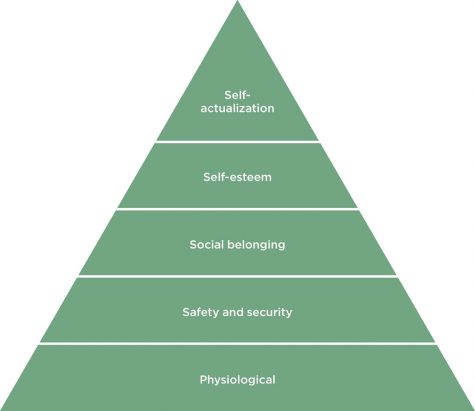
According to the Hierarchy (often referred to as a pyramid), there are 5 categories needed to achieving true happiness. Starting at the bottom with Psychological needs, which include basic requirements for living such as food, water, and rest. Next, Security needs, like shelter or a house. Third comes needs of Love, social meetings, relationships, and friendships. Then Esteem needs, like having the feeling of accomplishment. Finally, at the top, Self Actualization, meaning you have everything you need and the next step is to help others. For the purpose of keeping things short, we’re going to look at 4 characters in the film and how they relate to the hierarchy, Thanos, Iron Man, Scarlet Witch & Vision.
“I know what it’s like to lose. To feel so desperately that you’re right, yet to fail nonetheless. It’s frightening, turns the legs to jelly. I ask you to what end? Dread it. Run from it. Destiny arrives all the same. And now it’s here. Or should I say, I am.” These are the first words spoken by the main villain of the film, Thanos. This quote isn’t really in our minds due to the thrilling action of the film, but is later explained throughout the film. Thanos’ goal is to wipe out half the population of the universe.
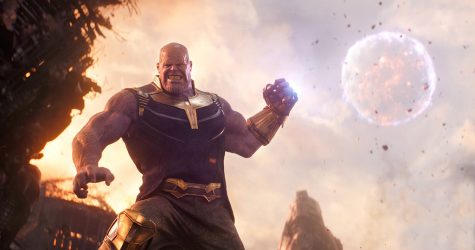
There are multiple times throughout the film where we learn why he wants to achieve this goal, what his motivation is. In a flashback sequence, we learn that for a long time, Thanos has had this goal. We learn this not only from the fact that he kills half of the people on Gamora’s homeworld, but also when he says, “Perfectly balanced, as all things should be…” We are also reminded of his motivation when he speaks with Doctor Strange on the apocalyptic planet, Titan.
We learn that Titan was Thanos’ homeworld but due to overpopulation and under-producing, the planet collapsed. Thanos proposed an idea at the time, “Titan was like most planets. Too many mouths, not enough to go around, and when we faced extinction, I offered a solution.” His solution, as Strange put it, “Genocide.” Earlier in the film, during a conversation with Gamora, Thanos says, “This universe is finite, its resources finite… It needs correction.” This helps us once again see the purpose of his goal.
From all these examples we can conclude that he’s motivated by his experience from his home planet. He feels that if people can’t get past the first two steps on Maslow’s Hierarchy of Needs then they can never achieve self-actualization. He proposes that rather than everyone getting halfway up the pyramid, it is better that half of the universe gets to the top.
When we first see Tony Stark (Iron Man) in the film, he’s nearing the peak of Maslow’s Hierarchy of Needs. He’s getting ready to get married, getting ready for kids. He’s getting ready to put others before himself. He states this when his fiance, Pepper, complains about his new arc reactor on his chest. Stark explains his reasoning being, “I’m just trying to protect us and future usses, and that’s it.”
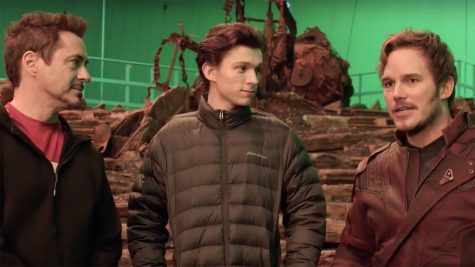
Then, when some of Thanos’ “Black Order” thugs show up to try and take the Time Stone from Strange, an action scene unfolds. The henchmen take Strange onto their spaceship and Stark flies up and boards the ship instead of worrying about his future. Eventually, Stark frees Strange, but when Strange asks “Can you get us home?” Stark replies with, “I’m thinking I’m not so sure we should.” Stark then explains his plan to catch Thanos off guard by taking the fight to his homeworld of Titan. This matters because it shows how Tony is no longer thinking about Pepper, or his future anymore. He just wants to survive.
To reinforce the fact that we are all subject to the hierarchy, we learn that for the past two years, Wanda Maximoff (Scarlet Witch) and Vision have been keeping their relationship a secret. They’re on their way to the top of the pyramid planning their future at a train station, about to separate, when Vision playfully asks, “What if I missed all the trains?” He tries to convince her that they shouldn’t go back into the world but should stay hidden and together.
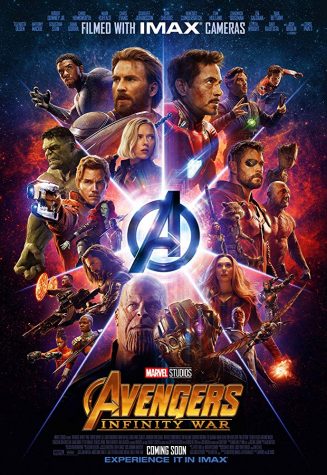
The importance of this conversation is that they’re starting to only think about the other, how they’re close to reaching the top of Maslow’s Hierarchy of Needs until they see the news that Stark has “gone missing.” Simultaneously, Thanos’ “Black Order” thugs arrive and the lovebirds slide down the hierarchy to survival mode. They aren’t thinking about each other or the future, but only how to stay alive.
Avengers: Infinity War is one example of a superhero film that proves we are more super than we might think. From planning a life together and proactively seeking ways to protect the world, to curling up in a ball to save their own life for just another battle, this movie shows each of the levels of Maslow’s Hierarchy of Needs. Once Thanos, and the threat he poses, disrupts the Avenger’s lives they quickly and predictably respond by sliding down the pyramid to the basic needs of security and safety. When we see this we are again convinced that we do act like superheroes – one need at a time.
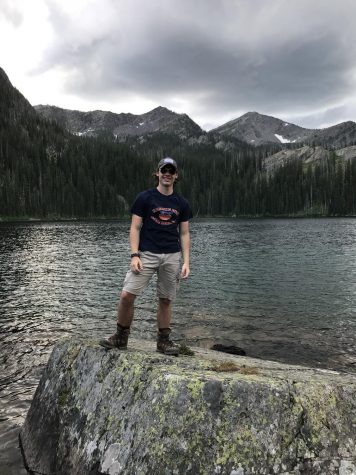
"This is where the fun begins." If you're a big fan of film, TV, or the world of entertainment as a whole, you've come to the right place. This will be...

